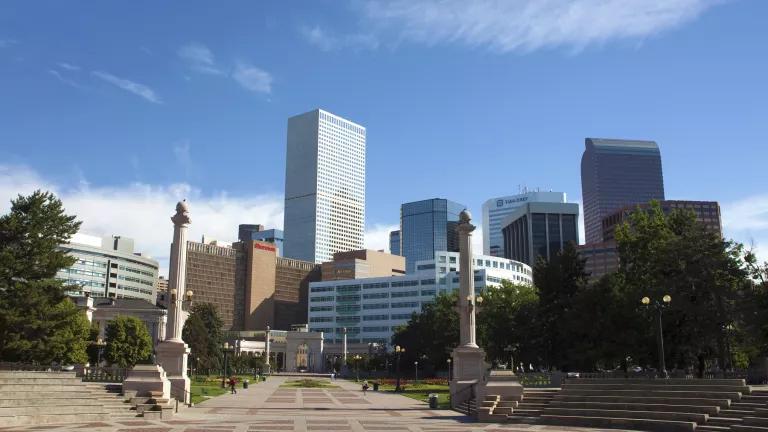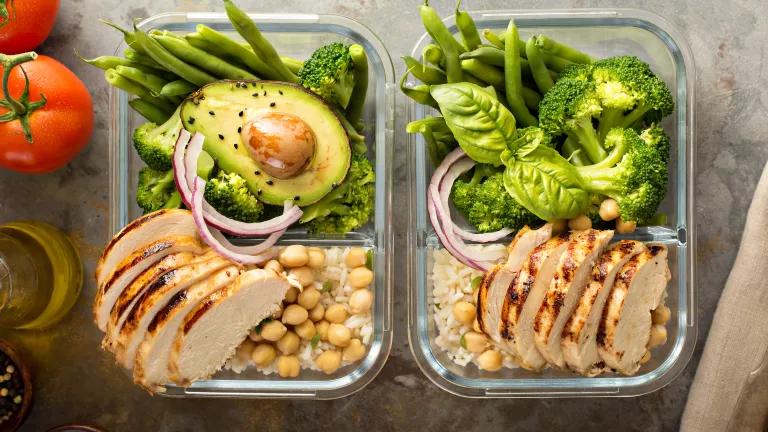
Over the past decade, the rapidly growing Mile High City has become a regional hub for innovative and sustainable business development. It boasts a strong food and agricultural economy and ambitious climate goals. However, there is work to be done. Nearly one out of every five Denver children suffers from food insecurity, and the city falls far below the national average for recycling. The average Denver individual throws away approximately 4.2 pounds of food per week, 3.2 pounds of which are theoretically edible. We see these challenges as great opportunities for collaboration and innovation on food waste and food rescue in Denver.
Building on the momentum already achieved, robust data collected, and partnerships developed through the in-depth research done in Denver in 2016 by NRDC, Denver was selected by NRDC to be a Food Matters model city alongside the City of Baltimore. NRDC, The Rockefeller Foundation, and the City and County of Denver’s Department of Public Health and Environment (DDPHE) announced the Food Matters partnership in June 2018 in conjunction with the release of Denver’s Food Action Plan. This plan, among other goals, aims for a 57 percent reduction in tons of residential food waste sent to landfills by 2030 and a 55 percent reduction in the number of food-insecure households by the same year.
Together, in alignment with the Denver Food Action Plan, the City and County of Denver and NRDC are implementing several strategies aimed at food waste reduction. Among other things, they plan to:
- Support consumer education by creating a Denver-specific communications and outreach strategy and providing ongoing wasted food prevention messaging using Save the Food
- Encourage businesses to reduce food waste through food donation education in partnership with public health inspectors and a neighborhood restaurant food waste challenge program
- Add residential and commercial composting opportunities to reduce bulk and emissions at landfills
NRDC is working collaboratively across city agencies including the Denver Department of Public Health and Environment, which houses the Certifiably Green Denver program and public health inspections, and the Denver Public Works Solid Waste Management Division, which houses the Denver Composts program. In addition to working with Denver city agencies, NRDC also prioritizes engaging local partners in this work, in an effort to promote sustained action on food waste reduction.


